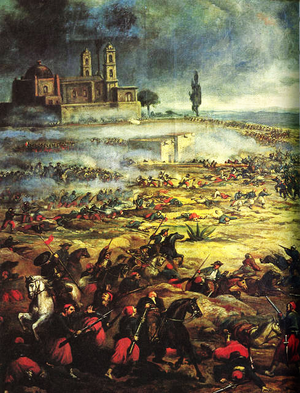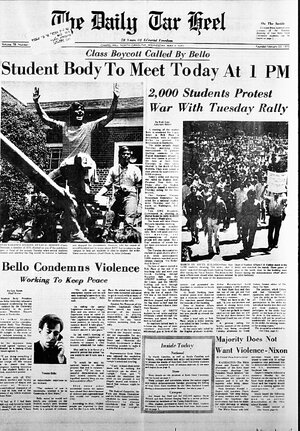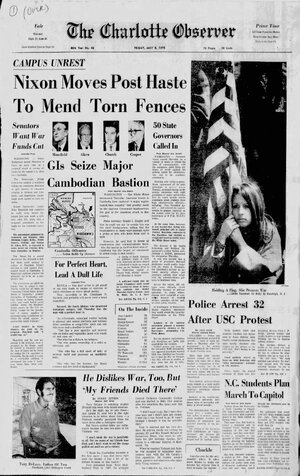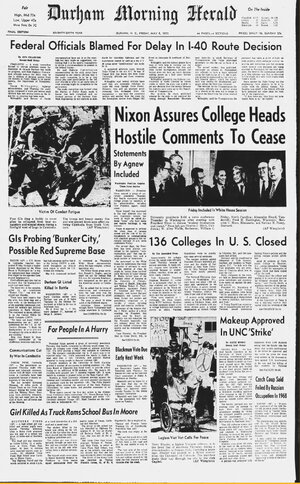donbosco
Inconceivable Member
- Messages
- 3,661
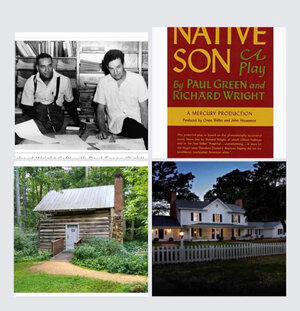
Paul Green is a mysterious Tar Heel to me. The more I know of him the deeper seems the well of unknowns. Historically he has stood as a symbol of North Carolina and my Alma Mater but if the truth be told he is mostly forgotten. Even in Chapel Hill, his home for decades, how many can identify much more about him than a theater bearing his name and an outdoor drama? Maybe a few more can add that his Activism on Race challenged the White Supremacist Status Quo of his time. What was his time anyway?
Green was born in Lillington, NC - #DeepHarnett County - in 1894 — and he passed away at his home in Chatham County, NC in 1981. Yep, Chatham County - Old Lystra Road in fact - today his house, built in the 1890s and originally the Windy Oaks Inn, has returned to the hospitality world and is now known as The Old Lystra Inn.
I’ve seen ‘The Lost Colony’ of course & even read some of his writings. I know he spoke on behalf of Free Speech and against The Right-Wing Speaker Ban in the early 1960s. He collaborated with the African American author Richard Wright in a Chapel Hill still hung up on the Old South. That partnering was a complicated chapter in both his and Wright’s life, and one itself fraught with tension born of race in the region. Green questioned his own feelings and actions during that time for the rest of his life. Read more in-depth about how Wright, Green, Orson Wells, and Robert Houseman struggled with race, art, and personalities in the 1941 stage production of Wright’s novel, ‘Native Son,’ here: https://www.jstor.org/stable/26476879?seq=21
#OTD in 1981 Dramatist and Human Rights Activist Paul Green died - his was a life tied to North Carolina and teaching at UNC. He created outdoor dramas like ‘The Lost Colony’ and his race-honest play ‘Abraham’s Bosom’ won a Pulitzer Prize in 1927.
‘The Lost Colony’ opened in 1937 and was aimed at fostering a spirited response to The Great Depression by trumpeting a ‘can-do’ attitude of exploration and settlement. Unfortunately in the process real critiques of European Imperialism and Land Theft went by the wayside. Today, that outdoor drama is undergoing a re-working more in line with reality. For more on that read here: Cast In a New Light
The complexity of the life lived by Green is increasingly highlighted as historians, activists, and society at large grapple with past reality cast against mythologized misremembering. He was an artist of great skill with a vision of a better future but also a man bounded by obstacles that blocked his foresight in ways of which even he was unaware. He does seem to have tried to see through the curtain of regressive thinking and acting - his late-life lamentations about the fitful working relationship that he and Wright held show that. Examining Green’s life challenges us to more fully understand the past and the trials experienced by agents of change - feet of clay and all.
A bit more on Green: Acclaimed Dramatist Paul Green

